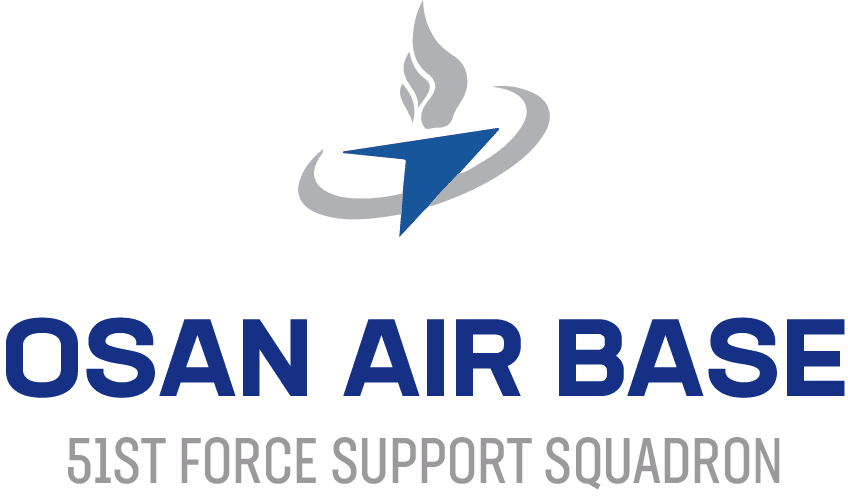
Getting a USFK License & Driving in Korea
USFK Driver’s Licensing Requirements
If you have a gas-powered scooter or motorcycle, you must bring your Motorcycle Safety Foundation (MSF) training card to your appointment OR have the endorsement on your stateside driver’s license.
Expired State Drivers License
If your state-issued drivers license expires, it will invalidate your USFK license since they are used in conjunction with each other. Certain states have military exemptions for U.S. military members who are stationed out of state/overseas. Members will need to work with their state’s DMV to renew their license.
Driving in Korea
While driving in Korea is similar to driving in the U.S., there are key differences that you should have learned about in your JKO course. We recommend reviewing traffic laws and signs, as well as consulting other experienced drivers prior to hitting the road for the first time.
